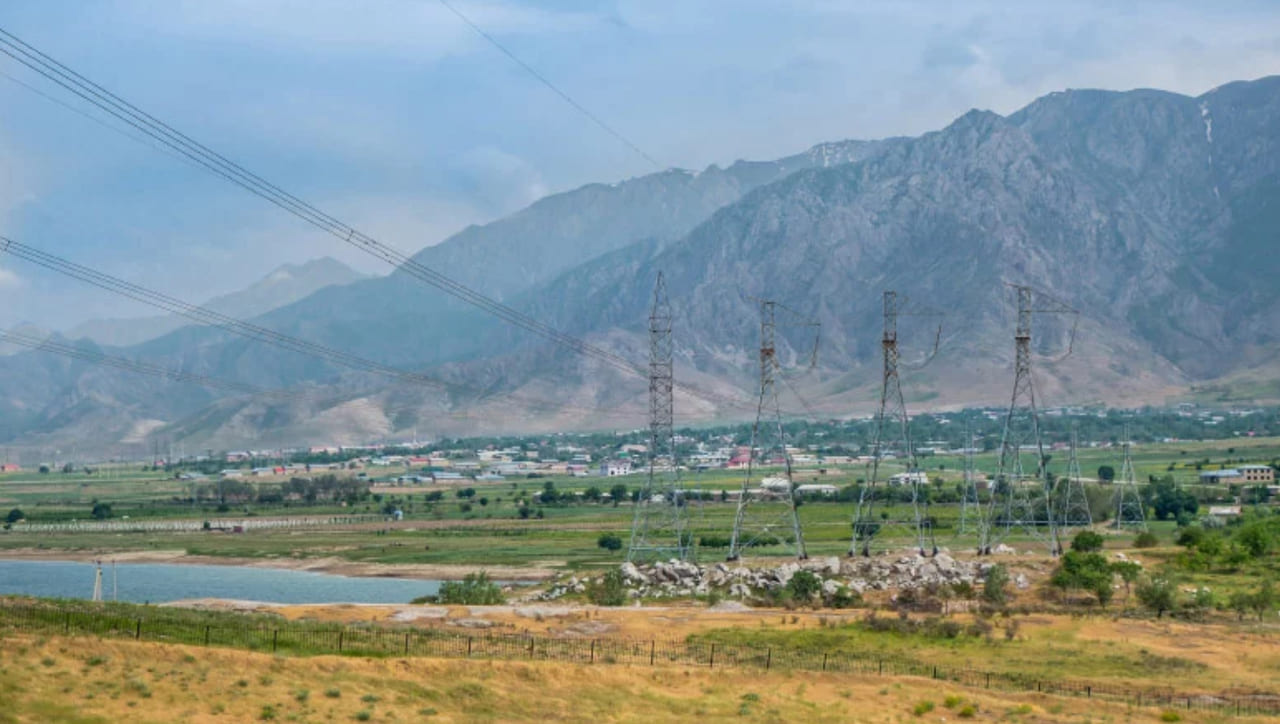Countries worldwide are striving to reduce greenhouse gas (GHG) emissions to meet their Nationally Determined Contributions (NDCs) under the Paris Agreement. Uzbekistan, known for its high energy consumption and emissions, faces challenges due to heavy subsidies for fossil fuels, which hinder energy efficiency and strain the national budget, according to the World Bank.

To drive Uzbekistan’s green transition, the World Bank has launched an initiative that leverages carbon markets to foster energy policy reform. The Innovative Carbon Resource Application for Energy Transition Project (iCRAFT) is the World Bank's first global effort to use payments for emission reductions to incentivize policy changes—a practice known as policy crediting. If successful, iCRAFT could be scaled and replicated to help other nations meet their emission targets.
iCRAFT's Carbon Credit
As part of their NDC commitments, countries are pricing emissions as "carbon equivalents," allowing them to monetize their carbon reduction efforts through the sale of carbon credits on international markets. This provides a strong financial incentive to reduce carbon-intensive activities.
In June, Uzbekistan received its first payment of $7.5mn in carbon credits from iCRAFT for reducing half a million tons of carbon emissions. This payment was funded by the Transformative Carbon Asset Facility (TCAF), a World Bank trust fund that combines capacity building, results-based climate finance, and carbon market funding.
“iCRAFT’s successful payout establishes a precedent for Uzbekistan and other countries. It shows what policy crediting can achieve and sets a global example for leveraging climate finance to support policy reform,” said Maksudjon Safarov, Senior Energy Specialist at the World Bank.
Policy Crediting: Measuring Emission Reductions for Lasting Change
Policy crediting quantifies emission reductions attributable to policy implementation using a specialized measurement, reporting, and verification (MRV) model developed by TCAF. This model compares the observed effects of energy-pricing policies against a hypothetical scenario without these policies, calculating the resulting GHG emission reductions.
TCAF sets baselines below business-as-usual (BAU) levels and only credits achievements that exceed these targets. Independent experts validate the baselines and crediting thresholds, while third parties verify the emission reductions.
“Policy crediting is effective because it drives systemic change across entire sectors, fostering new behaviors and lasting improvements,” explained Nuyi Tao, Senior Climate Specialist at TCAF.
Economic and Environmental Benefits
iCRAFT’s success in Uzbekistan marks the country’s entry into international carbon markets. With continued support from development partners, Uzbekistan must build the necessary infrastructure and capacity for further climate-friendly initiatives.
Additionally, addressing the potential impact of energy price increases on vulnerable consumers will be crucial. Awareness campaigns explaining the necessity of cost recovery tariffs and the environmental impacts of energy consumption will be essential, with support from TCAF.
The economic benefits of cutting emissions are substantial. Reducing fossil fuel subsidies, which the IMF estimates at 7% of global GDP in 2022, can yield significant savings. Uzbekistan can also profit from selling residual emission reductions on international carbon markets, facilitated by the systems established under iCRAFT.
iCRAFT is not only beneficial for Uzbekistan's economy but also serves as a model for Central Asia and beyond, demonstrating how policy crediting can drive a greener, more sustainable future.
Follow Daryo's official Instagram and Twitter pages to keep current on world news.
Comments (0)